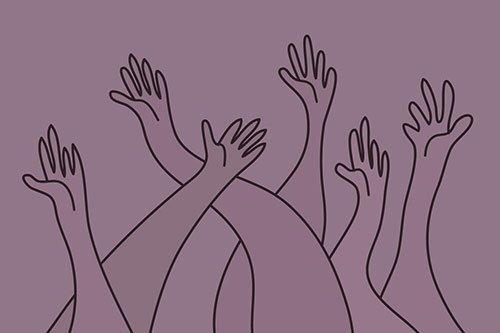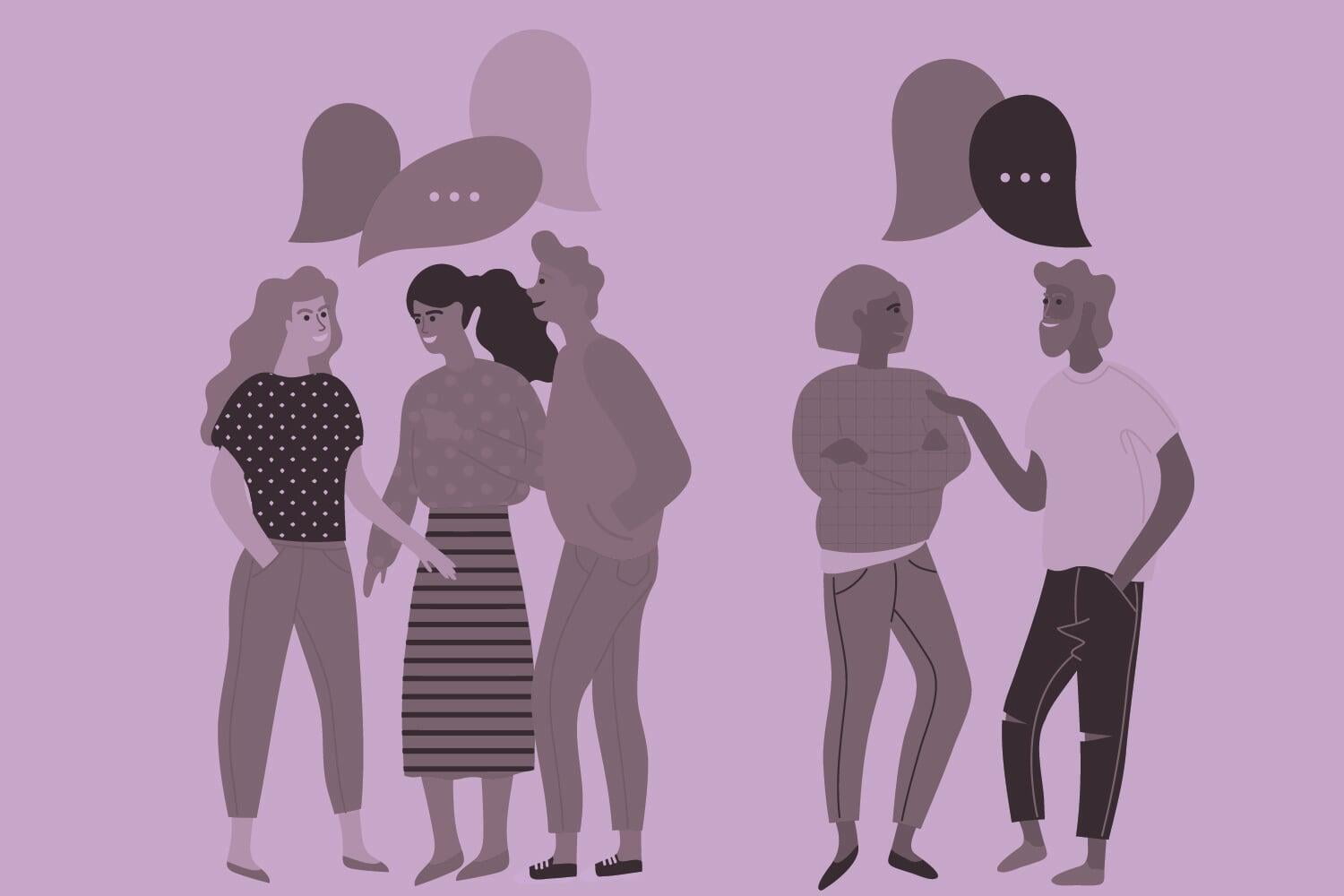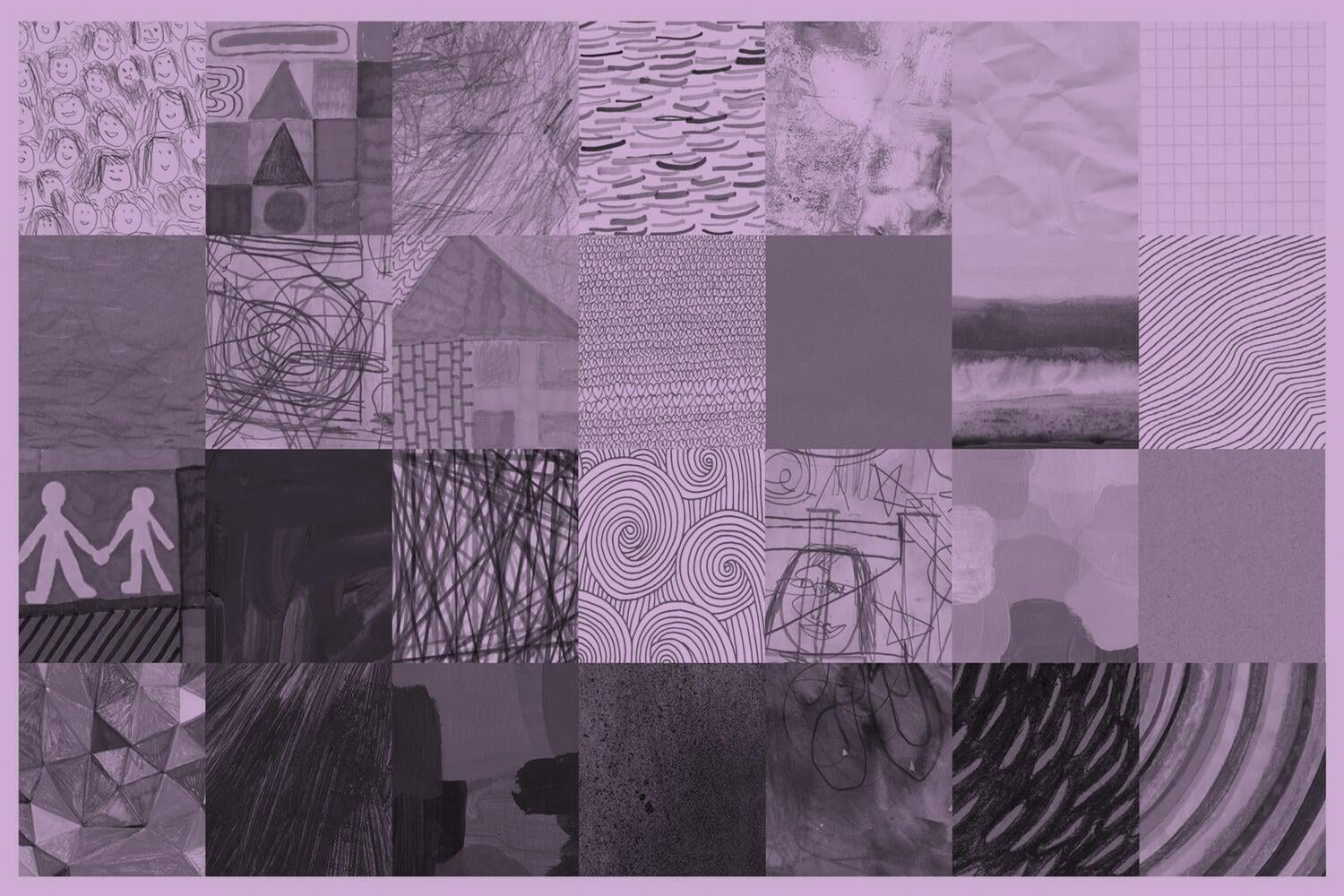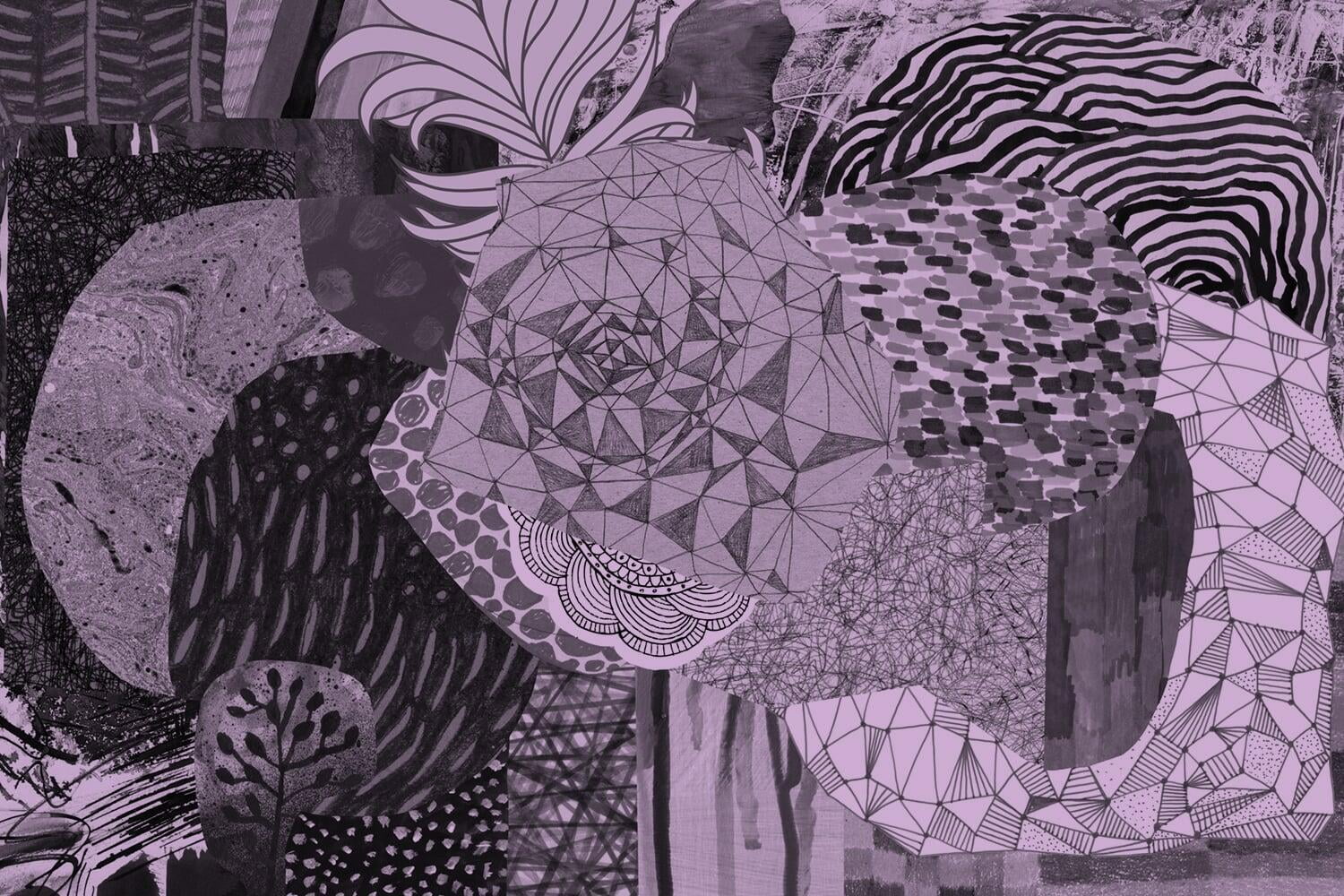The Pathway to Excellence | Live | Family and Friends
Family Connections
We need to build healthy family connections that last – how we come to know, appreciate and show lifelong gratitude for the positive and practical gifts that relationships with family can and do bring to them and to us.
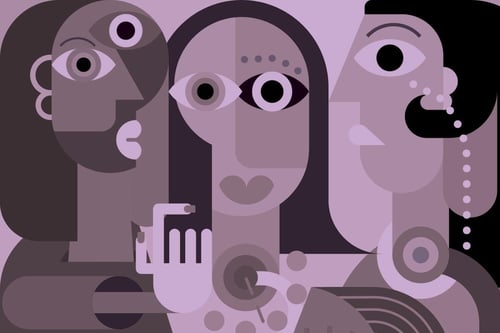
We all need to belong; we need to know who our people are. For most around the world, this is family. Many of us have full and positive experiences of family, despite the inevitable ups and downs. Others have much more difficult times to recall. Others still have little or no remaining connection to the households into which they were born. It is impossible to generalise about family in a way that correlates exactly to the lives of everyone. Some see family as something that endures from their childhood, something which is to be preserved, honoured, and (in turn) added to through the creation of another household. Others build their own families, whether biological or otherwise. The survival of our species depends on family, and all cultures throughout history have been at their best when families are at their centre.
What we can say is that whatever the composition, we all have the opportunity to build around us a close and complicated network of family which can serve as the human manifestation of home. Through this set of relationships, we can build a shared timeline of events which serve as our first line of both public and private memories, the stories upon which the rituals of our everyday lives can be constructed. It is through the connections of family that the essential quality of kindness that underpins the selflessness of service that our society needs.
The first place that this kindness dwells is in the sense of belonging that family connection provides. Children (and adults for that matter) need to know that they belong somewhere. That place and the people in it, need to be deeply imbued by qualities of respect, civility, and consideration. From the outset, in order for individuals to gain a genuine sense of “home”, they need to know that they are welcome and that they have a place where they feel as though others want them to be with them. They need the assurance that others (to use a phrase in common usage) “have their back”. In time, the bonds that are formed through shared experiences of good times, bad times, and ordinary times may come to form the kinship that can be called “family”, “sisterhood”, and “brotherhood” (among other terms).
“There is no doubt that it is around the family and the home that all the greatest virtues, the most dominating virtues of human, are created, strengthened and maintained.”
Winston Churchill
The biggest challenge to those seeking belonging, especially in family, is acceptance. Once a person has demonstrated that they qualify for a place, it must be granted by those who inhabit the space already. Agency lies with those who are already there – it is not possible to force one’s way in, no matter how hard one tries. At the same time, one can’t just stand by and wait to be accepted. In this way, there may well be an exchange of giving of a different type, both of which indicate a willingness to compromise one’s own immediate needs and interests in the interest of helping someone else by improving both their experience through the process and their outcomes through the product of collective relationship. We learn about this fundamental social contract through the connections of family.
When someone feels as though they belong, they are much more likely to enter into the even closer ties of a relationship that can allow us to do more than just participate as one of many. This “character apprenticeship” comes about when an expert models, coaches and scaffolds us in the competencies of adaptive expertise and self-efficacy. They keep us in our groove and hold us to our purpose by inspiring, challenging and supporting us. We learn to articulate, reflect, and explore. We gather and analyse evidence, make decisions, and set goals. We then need to learn how to work towards achieving our potential, whatever that may be. In time, we may even learn how to stretch the boundaries of our potential and expand our capacity, as well as come to understand the limitations and parameters within which we might sensibly aspire. Purpose, persistence, and reflection are what will help us to get there in terms of our own qualities. Our agency is shared between ourselves and the experts who help us and then let us go on to be experts in our own rights. We can gain much from the members of our family in this way, not simply from being the recipient of expertise, but even more so from what it is that we pass on to others.
So, we can acquire strong and positive civic character and performance character through knowing we belong and through learning to fulfil our potential through character apprenticeships in our family situations. If we do, then we are much more likely to seek to do that which is good and right in our lives. We respond to the framework of values that we learn in family. Out of this, we shape for ourselves a moral code and a set of ethics which act as the principles and structures by which we choose to live our lives. This, then, is how we gain in moral character.
Through family, we can rehearse how to acknowledge the influence and kindness of others and, in turn, seek to give back to others. The courage, honesty, and humility we learn make us both better at doing what we set out to do, as well as better at creating a good impact on those around us. We can become genuinely transformed and in turn support the transformation of Our People and Our Place. We have come full circle – from seeking acceptance, we can now act to provide acceptance and belonging ourselves. We can give back to and perhaps even raise our own family by providing character apprenticeship to help others to achieve greater performance by realising their potential. And we can hold up a mirror to them as they strive to do what is good and right. We can help them to see what they are truly doing well, and encourage them to be the better versions of themselves as often as possible. This is, perhaps, what family, at its best, is all about.
We can contemplate our Family Connections by considering the following questions:
- Do I reach out to family members to find out how they are doing, what they might need, and how I might help them?
- Do I consider my extended family as rich in experience and wisdom from which I can learn?
- Do I express my gratitude to my family for the care and support which has taken me to my current stage?
- Am I respectful of and do I give thoughtful consideration to the advice of my family in shaping my educational and career journey?
- Do I try to find ways of problems with close family members and repairing the relationship instead of running away from them?
